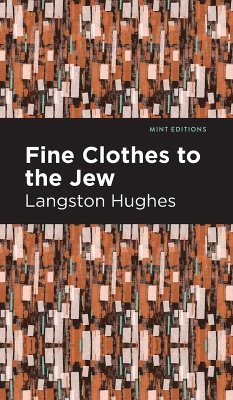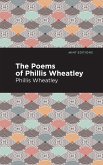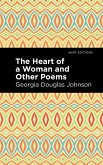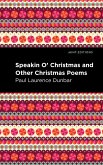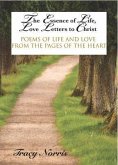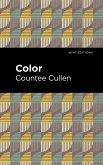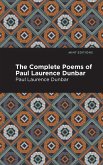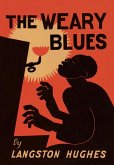Hailed by Arnold Rampersad as "[Hughes'] most brilliant book of poems," Fine Clothes to the Jew is the stunning sophomore collection of poetry that-in conjunction with The Weary Blues-solidified Langston Hughes as a literary powerhouse.
Originally published in 1927, Fine Clothes to the Jew is both a continuation and extension of his previous volume of verse; continuing to utilize the rhythm and function of Black classical music-the blues, as it were-to capture a scene of Black life in America, only this time with a less pristine picture.
Turning his focus from the tender and nostalgic depiction of the culture, Hughes opts to reveal the raw and unfiltered realities of Harlem; the depression, the poverty, and the struggle of those outside the purview of the Talented Tenth; creating what is arguably, one of the most significant collections of poetry ever published and one of the most-overlooked pieces of work in African-American literary history.
Featuring such poems as, "Po' Boy Blues," "Death of Do Dirty," "Song For a Dark Girl," and "Lament Over Love," Fine Clothes to the Jew is a must-read book for fans of Langston Hughes and a forgotten classic of the Harlem Renaissance.
Since our inception in 2020, Mint Editions has kept sustainability and innovation at the forefront of our mission. Each and every Mint Edition title gets a fresh, professionally typeset manuscript and a dazzling new cover, all while maintaining the integrity of the original book.
With thousands of titles in our collection, we aim to spotlight diverse public domain works to help them find modern audiences. Mint Editions celebrates a breadth of literary works, curated from both canonical and overlooked classics from writers around the globe.
Originally published in 1927, Fine Clothes to the Jew is both a continuation and extension of his previous volume of verse; continuing to utilize the rhythm and function of Black classical music-the blues, as it were-to capture a scene of Black life in America, only this time with a less pristine picture.
Turning his focus from the tender and nostalgic depiction of the culture, Hughes opts to reveal the raw and unfiltered realities of Harlem; the depression, the poverty, and the struggle of those outside the purview of the Talented Tenth; creating what is arguably, one of the most significant collections of poetry ever published and one of the most-overlooked pieces of work in African-American literary history.
Featuring such poems as, "Po' Boy Blues," "Death of Do Dirty," "Song For a Dark Girl," and "Lament Over Love," Fine Clothes to the Jew is a must-read book for fans of Langston Hughes and a forgotten classic of the Harlem Renaissance.
Since our inception in 2020, Mint Editions has kept sustainability and innovation at the forefront of our mission. Each and every Mint Edition title gets a fresh, professionally typeset manuscript and a dazzling new cover, all while maintaining the integrity of the original book.
With thousands of titles in our collection, we aim to spotlight diverse public domain works to help them find modern audiences. Mint Editions celebrates a breadth of literary works, curated from both canonical and overlooked classics from writers around the globe.
Dieser Download kann aus rechtlichen Gründen nur mit Rechnungsadresse in A, D ausgeliefert werden.

